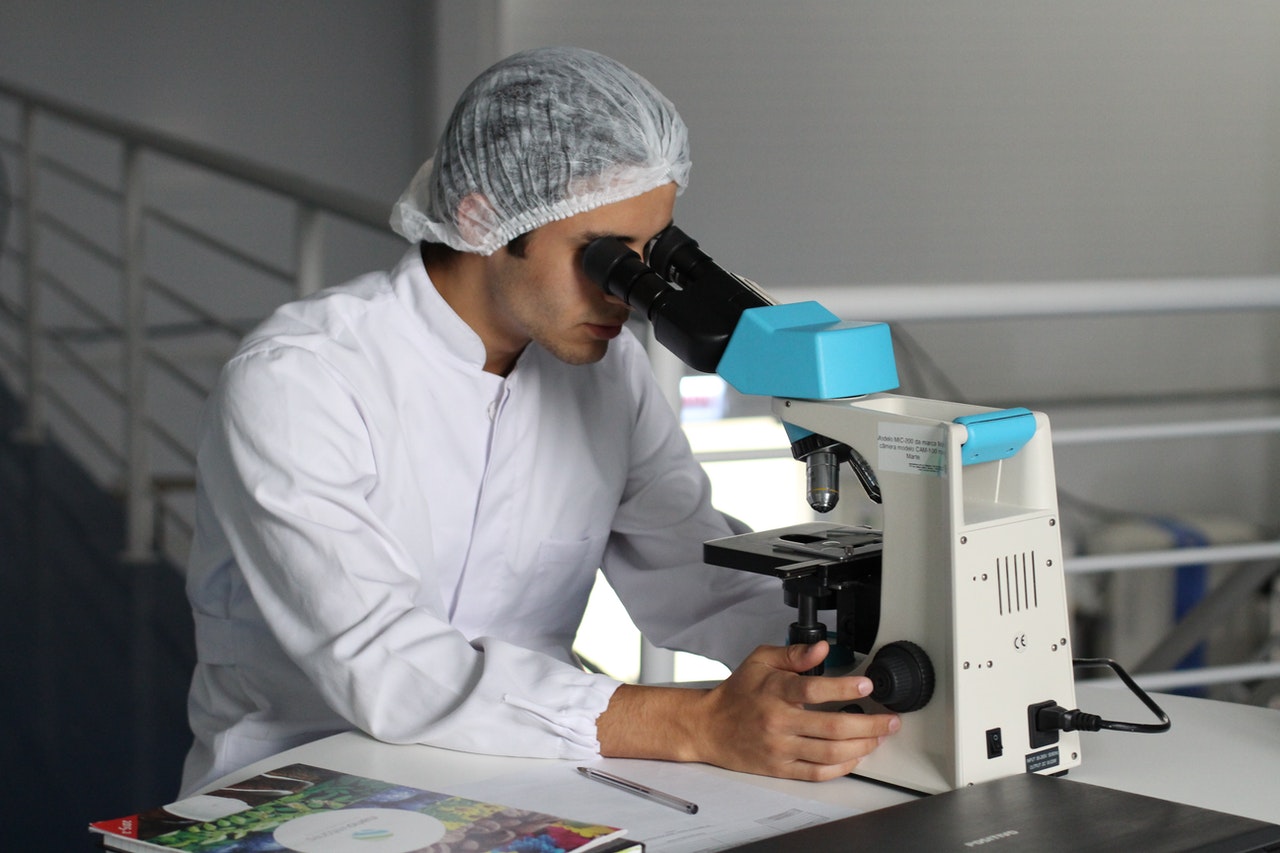With the global COVID-19 pandemic raging everywhere around us, picking victims and putting our lives in danger, it’s safe to say that our world is changing before our very eyes. More and more of us are starting to get worried about their health and whether they can do anything about potential diseases that might be coming for them in the future.
Since cancer is among the most dangerous health issues around the world, lots of people are looking into immunotherapy and how to make the most of these ideas, regardless of their age and what sort of cancer they’re struggling with. What kind of therapy are we talking about here, and what’s the role of dendritic cells in fighting cancer?
What are dendritic cells?
There are two types of people in the world – those that are skeptical when it comes to dendritic cells, and those who understand that these may be the future of the fight against cancer. If you’re one of the latter, you may already know that these cells are a crucial part of your immune system. Being a mediator between two crucial immunity strategies – innate and adaptive system – dendritic cells are responsible for creating antigen and delivering it to the immune system.
Moreover, dendritic cells are everywhere in your body, especially in those parts that are in direct contact with the world around you. This means your skin, your lungs, your nose, and your digestive tract are full of these cells, and the same goes for your blood. This is why they’re so important in battling cancer, not just because these organs are frequent targets of cancer cells, but also because the number of these dendritic cells is huge and therefore enough to help you fight this horrible disease.
Dendritic cells vs. cancer
One of the issues that are always mentioned when talking about dendritic cells and their fight against cancer is the fact that their role in this process is still not fully examined. That’s why all experts agree that these might be able to defeat cancer, but they can’t be absolutely sure that’s the case. What these cells can do is keep cancer cells at least a bit under control, preventing them from spreading all over your body rapidly and further weakening your defense system.
The biggest benefits of these cells can be seen when examining organs that have the largest concentration of dendritic cells – the aforementioned lungs, skins, and the gastrointestinal system. Since cancer is known for attacking these areas, regardless of the patients’ age, sex, and previous health condition, using dendritic cells to fight cancer at least in these organs would be a huge win for us all. That’s why scientists across the world are investigating these cells and what they can do.
New researches and developments
Speaking of scientists who are trying to discover new ways to use dendritic cells to protect people against cancer, one of the fields that are being researched at the moment is the connection between dendritic cells and immunotherapy. This is a new and exciting approach to dealing with cancer, and the best thing about it is that it provides a lot of opportunities for different cancer patients who don’t have any other hope for recovery.
One of the most intriguing researches at the moment is carried out in Hong Kong, and it’s focusing on the effects of those useful plasmacytoid dendritic cells on fighting different viruses and dangerous cells, including those that produce cancer. These cells aren’t just able to prevent cancer from progressing rapidly but are also useful when it comes to taking your immune system to the next level and being able to fight cancer on your own.
Dendritic cells and immunotherapy
In the end, there’s another way to maximize the effects of dendritic cells and use their powers to the fullest. This is possible when using them in immunotherapy and relying on these cells to play a crucial role in improving patients’ immune systems. After all, this is how the body should fight all foreign bodies, including cancer cells, and that’s why making sure your immune system is perfect is so important.
When compared to other treatments and different methods, immunotherapy comes with a few advantages: versatility, effectiveness, and fewer side effects.
That’s why so many doctors and patients choose immunotherapy over radiation, chemotherapy, and other treatments. But, for this idea to work, we need more answers from the world’s top scientists who are doing their best to find out how dendritic cells can help patients stop being afraid of cancer once and for all.
Dealing with cancer is a long and hard process, and winning is, unfortunately, not an option for millions of people around the world. That’s why the aforementioned researches and developments are so important, not just when avoiding cancer, but when getting it out of your system for good!


